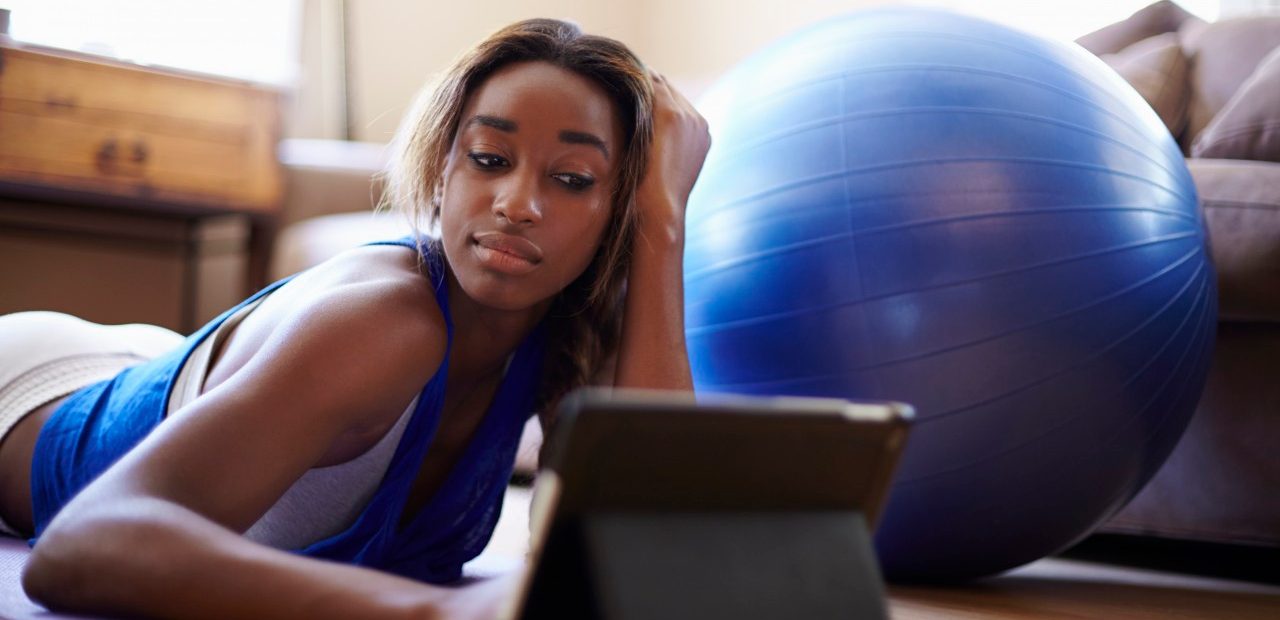Why You Hate Exercise

If people say, “You’ll feel better after you exercise,” and you don't believe them, you might be able to blame your genes. Learn more.
Exercise gives some of us an endorphin high … and some of us just feel worn out. According to a Dutch study, genes explain up to 37 percent of differences in our response to exercise. Exercise is still essential for your overall health, so if you’re inclined to dislike it, the answer is to look for activities and circumstances that are pleasing to you. You may absolutely need to walk outside in sunshine rather than pedal in the corner of a windowless gym.
Studies with twins are the best way to pin down the impact of genes. The researchers recruited 115 pairs of identical twins (and so, sharing all the same genes), 111 pairs of non-identical siblings (sharing around half their genes), and 35 of their non-twin siblings.
YOU MIGHT ALSO LIKE: Exercising to Lose Weight
After a warm up, everyone did 20 minutes on an exercise bike and another 20 minutes running a treadmill, but were told not to push themselves. In fact, the researchers monitored their breathing to make sure their heart rate didn’t go up into the vigorous range. Then everyone pedaled on the bike until they were exhausted.
The volunteers noted how they were feeling (from “very bad” to “very good”) during the exercise, how hard they felt they were working, and chose among other descriptive words like “energetic” and “tense.”
Identical twins were more likely to pick the same rating for how they were feeling and the same descriptive words.
As you’d expect, how much the volunteers liked the exercise matched up with how much exercise they did in their everyday lives. Identical twins who tended not to like exercise also didn’t do as much of it — not a big surprise!
The study doesn’t prove that you can’t ever like exercise. People who exercise regularly report that they come to rely on it and crave more. You could possibly join that club — once you get started. You’ll need to find exercise that works well for you. Pay attention to your response, but experiment with the goal of developing a pleasant routine.
If you are fighting mild-to-moderate depression, for example, light exercise will help, but it may be important not to push yourself. In one small study, after a three-month program of regular exercise, a group of depressed patients were happier a year later — but volunteers who had exercised lightly rather than at moderate intensity during the three months did better. This suggests that a big chunk of the moderate-intensity exercisers never came to enjoy it, but the light exercisers did.
Think about how exercise fits into your goals and values — do you want to be around to watch your grandkids grow up? Are you planning to travel when you retire? If diabetes, heart disease, or obesity run in your family, you saw relatives suffer over the years. Exercise is the fountain of youth.
According to the current federal guidelines, adults should do at least 2 hours and 30 minutes a week of moderate-intensity exercise, an hour and 15 minutes a week of vigorous aerobic physical activity, or a combination of the two. Ideally, you’d spread the activity through your week, in at least 10-minute chunks. Also aim for muscle-strengthening activities at least twice a week.
An easy way to start is to aim for 30 minutes of activity five days a week, perhaps just walking briskly. Can you walk during your lunch break? Can you walk to public transportation to work, or park your car 15 minutes away from your destination and walk to and fro? Don’t wait for the weekend to get in all your exercise, as you’ll be more prone to injury or missing your workout.
Anything you can do to make exercise more pleasant could get you past the hump. Listening to music, meeting with a friend, joining a class, setting goals, and exercising in sunlight or with greenery around you all can make the difference.
Updated:
April 08, 2020
Reviewed By:
Janet O’Dell, RN